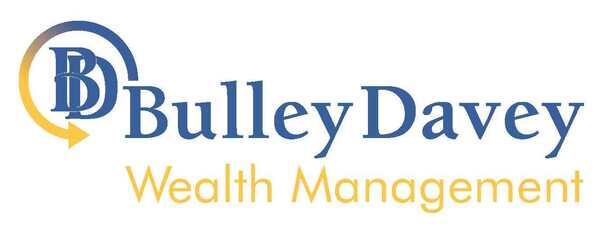As surprising as it is, many of us have an estate, no matter how big or small. Your estate includes everything you own, whether that is property, your car, life insurance, personal possessions or even the exact number that is stored in your bank account.
It sounds morbid, but those possessions won’t be able to follow you to the grave, and when the time comes, you will most likely want to have control over what your loved ones and the organisations you care most about are given.
And with that in mind, you probably want to do this with the least amount of hurdles in the way.
But what exactly is estate planning?
Estate planning is an important process to prepare for a time you are not going to be around.
It can be made up of several documents, which together build up a clear picture of how your estate should be managed and who you want to benefit from it. This also allows you to minimise the impact of taxes and other expenses on your estate as far as possible.
Start with a will
Planning your estate starts with a will.
As we mentioned in a previous blog post, without a will, it’s up to the law to make decisions on how your estate is passed on, which may or may not be in the best interest of your loved ones.
As part of your will, any property, money and possessions will be directly distributed to the people you choose, so cousin Karen who you haven’t seen in over a decade will not be included in the process if you don’t want her to be.
The process of leaving a property can be very time consuming as well as expensive, covering legal fees and court costs, and it’s often better to leave it to the experts.
Trusts
There are many different types of trusts, including bare trusts, accumulation trusts, settlor-interested trusts and non-resident trusts.
Essentially, they are created as a way to look after assets for other people, such as someone who is too young or unable to manage their assets.
For example, let’s say you appoint a close friend to manage assets for your child, who is unable to do so for themselves right now.
In this case, you are the settlor, your friend is the trustee, and your child is the beneficiary.
Having a trust can also minimise inheritance tax liabilities as you do not own the asset anymore.
Inheritance tax (IHT)
Currently, no IHT needs to be paid on the first £325,000 of your estate. This is known as the nil-rate band.
However, the portion of your estate that exceeds the threshold is charged at a rate of 40%. But if you decide to leave your whole estate to your spouse, no IHT needs to be paid.
Gifts you give during your lifetime might also be liable for IHT, although there are various exemptions that apply. For gifts that are not exempt, a ‘seven-year rule’ applies, meaning they could be taxed if you give them up to seven years before you die.
Passing on a home
If you decide to leave your property to someone other than your spouse, it will count towards the value of your estate.
However, a separate residence nil-rate band may apply if you’re passing it to a direct descendant, such as a child or grandchild, which can increase your total tax-free threshold to £500,000.
If you decide to give away your home before you pass away, in most cases no IHT has to be paid if you move out and live for another seven years.
But if you want to continue living in your house after giving it away, you are required to pay rent to the new owner, pay your share of bills and live in the property for at least seven years.
The seven-year rule applies if you die within the period of giving away your property and your house will be treated as a gift.
Gifts you leave to charities are also exempt from IHT. If your estate is subject to IHT and you decide to leave over 10% of it to charity, then you may be eligible to receive a reduced IHT rate of 36% on the rest of your estate – but rules do apply, so speak to a professional advisor.
What happens if I don’t have a plan?
You might assume drawing up a will is enough to ensure your wishes are carried out, but unlike a will, an estate plan covers your plans more broadly.
Some documents within an estate plan include a will or trust, records of any gifts given, guardian designations and even healthcare power of attorney.
If you pass away without a will, you are referred to as “intestate”, meaning your estate is split by the rules of intestacy. This takes away your position to make final decisions and have no control over what is distributed and to who.
Having an estate plan can also result in substantially less taxes and fees being paid, compared to a will alone.
That’s why putting your final demands in a detailed plan is the best way to prevent any hiccups at a time where you are not around.
To discuss estate planning and wills, get in touch with us at Bulley Davey Wealth Management on 01775 718850 or emailbdwmadmin@bulleydavey.co.uk
